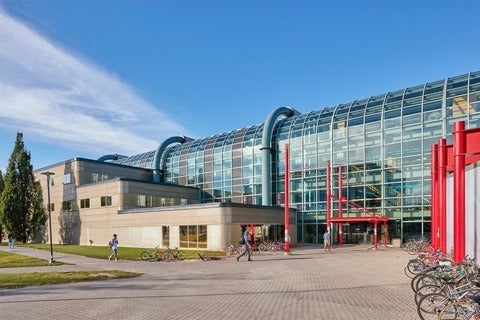Cheriton School of Computer Science top CS program in Canada
Waterloo’s Cheriton School of Computer Science has placed first in Canada, according to Maclean’s 2021 university rankings.
Based on program reputation, computer science at Waterloo shared the podium for first with the University of Toronto and University of British Columbia, and based on research reputation, the Cheriton School tied for first with the University of Toronto.




